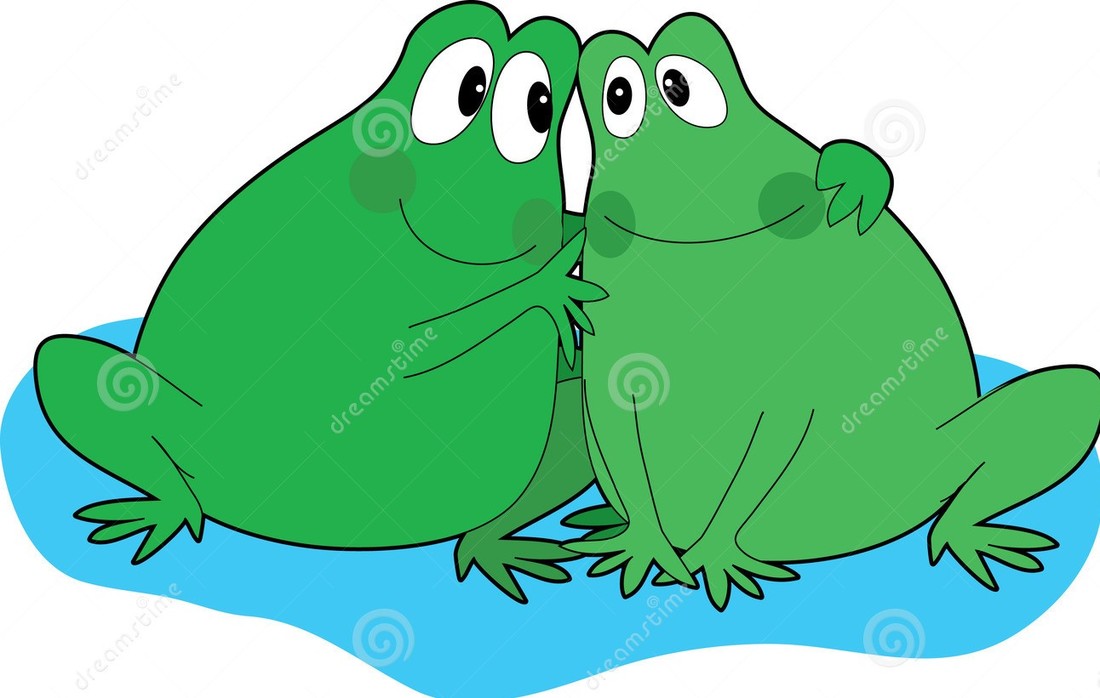Rebecca Fox, an artist from San Francisco, sums up hugging in this eloquent sentence, "Hugging is the most beautiful form of communication that allows the other person to know beyond a doubt that they matter." Hugs are a universal language that needs no translation. And a hug says so much in its simplicity. Hugs express many emotions better than words because they are physically felt. A hug can say, "I understand." They say, "I'm here for you," or "I'm proud of you," and "Everything's going to be okay." This one small gesture can say it all. But did you know that there are actual benefits to giving and receiving hugs? According to scientists, the benefits of hugging go beyond that warm feeling you get when you hold someone in your arms.
1. Hugs reduce stress by showing your support. When a friend or family member is dealing with something painful or unpleasant in their lives, give them a hug. Scientists say that giving another person support through touch can reduce the stress of the person being comforted. It can even reduce the stress of the person doing the comforting
2. Hugs may protect you against illness. The stress-reducing effects of hugging might work to keep you healthier. In a study of over 400 adults, researchers found that hugging may reduce the chance a person will get sick. The participants with a greater support system were less likely to get sick. And those with the greater support system who did get sick had less severe symptoms than those with little or no support system. And a hug sure beats taking a pill
3. Hugs may boost your heart health. Holding someone's hand and giving them a hug can, according to recent statistics, reduce blood pressure levels and heart rate.
4. Hugs can make you happier. Oxytocin is a chemical in our bodies that scientists sometimes call the “cuddle hormone.” This is because its levels rise when we hug, touch, or sit close to someone else. Oxytocin is associated with happiness and less stress.
5. Hugs reduce your fears. Scientists have found that touch can reduce anxiety in people with low self-esteem. Touch can also keep people from isolating themselves when reminded of their mortality. They found that even touching an inanimate object — in this case, a teddy bear — helped reduce people’s fears about their existence. (Frogs work well, too!)
6. Hugs may help to reduce your pain. Research has shown that forms of touch may be capable of reducing pain. I'd rather have a bunch of hugs than take a little pill, wouldn't you?
7. Hugs help you communicate with others. Most human communication occurs verbally or through facial expressions. But touch is another important way that people can send messages to one another. Scientists have found that a stranger was capable of expressing a wide range of emotions to another person by touching different parts of their body. Some emotions expressed include anger, fear, disgust, love, gratitude, happiness, sadness, and sympathy. Hugging is a very comforting and communicative type of touch.
So how many hugs do humans and frogs need? Family therapist, Virginia Satir believed, “We need four hugs a day for survival. We need 8 hugs a day for maintenance. We need 12 hugs a day for growth.” While that may sound like a lot of hugs, it seems that many hugs are better than not enough." If you want to feel better about yourself, reduce your stress, improve communication, and be happier and healthier, go ahead and ask for more hugs...that is a good place to start. What about if you feel shy or nervous about asking for those hugs? Start slowly by asking for them from friends and family members closest to you first. Science proves that regular hugs with those closest to you, even if brief, can have especially positive effects on your brain and body. Sounds good to me!
I hope you get...and receive, many hugs today. I firmly believe that every day should be National Hugging Day. The week is just beginning and I have lots of interesting blogs planned. As always, I invite you back again tomorrow and every day all week long.
Until then, I send you a virtual hug and, of course, I wish you
PEACE.

 RSS Feed
RSS Feed